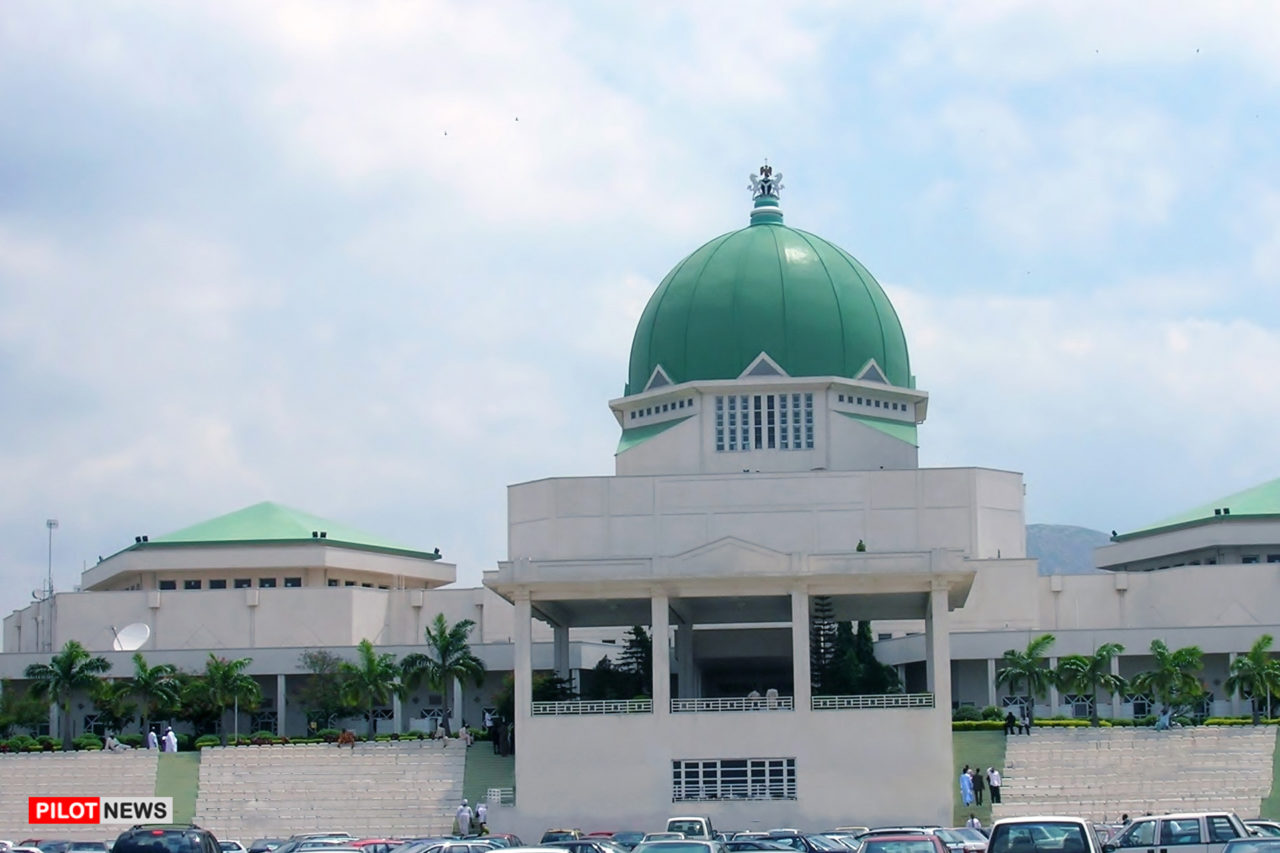The House of Representatives, on Tuesday, passed for first reading a bill seeking to bar public and civil servants, along with their immediate family members, from patronising private schools and healthcare services.
The bill, sponsored by the member representing Isuikwuato/Umunneochi Federal Constituency of Abia State, Hon. Amobi Ogah, seeks to mandate public officials to rely solely on government-owned institutions for their children’s education and their family’s medical care.
Hon. Ogah, while speaking with journalists shortly after the plenary, said the practice of government officials enrolling their children in private or foreign schools and seeking medical treatment abroad has contributed significantly to the deterioration of Nigeria’s public institutions.
According to him, the proposed legislation is aimed at restoring public confidence in government-owned schools and hospitals by making it compulsory for officials to use these facilities.
“This bill intends to prohibit all public and civil servants, including their immediate family members, from patronising private schools and health care services in order to avoid conflict of interest, maintain public trust and ensure high, uncompromised standards and integrity of these public institutions,” Ogah stated.
He cited examples of Nigeria’s past leaders who received their education in public institutions, noting that the preference for private alternatives is a deviation from the legacy of the nation’s founding fathers.
“Before Nigeria attained independence and became a republic, our foremost statesmen all had their education in government schools. Sir Ahmadu Bello attended Sokoto Provincial School and Katsina Training College, now known as Barewa College, while Nnamdi Azikiwe attended a mission school, Holy Trinity College and Christ Church School, all in Onitsha. Likewise, Chief Obafemi Awolowo and Alhaji Tafawa Balewa also attended these schools,” he said.
Hon. Ogah described the increasing reliance on private schools and healthcare by public servants as an unhealthy trend that continues to undermine the development of public institutions in the country.
He noted that the 2024 budget allocation of ₦1.336 trillion to the health sector falls short of the over $1 billion Nigerians spend annually on medical treatment abroad. He further alleged that under the administration of the late former President Muhammadu Buhari, Nigerians spent about $29.29 billion on foreign medical care over eight years.
On the education sector, he stated that Nigerians spent $38.17 million on foreign education between January and March 2024 alone, while in 2023, the figure stood at $218.87 million.
“The time for us all to tell ourselves the truth is now; we can no longer continue to inflict serious damage to the psyche of Nigerians,” he said.
Hon. Ogah stressed that with the removal of petroleum subsidy, the country must embrace a culture of accountability and patriotism, beginning with public servants.
“Because of the patronage of private schools and health care facilities, our institutions of learning and medical care have become a shadow of themselves, with little or no infrastructural development and fallen standards of services,” he said.
“We must, of necessity, restore confidence in our government institutions, like public schools and government hospitals, thereby promoting the image of our country in the comity of nations. It does not speak good of our country, that our Presidents and notable government functionaries are seen to be going abroad for medical treatment and even dying in the process.
“This bill intends to put a stop to all this medical and educational tourism among public and civil servants,” he added.
- Burkina Faso Releases Detained Nigerian Soldiers After Tinubu’s Diplomatic Intervention - December 18, 2025
- Tinubu to Present 2026 Budget to National Assembly on Friday - December 18, 2025
- Lawmaker Query Differences in Passed, Gazetted Tax Reform Act - December 18, 2025

